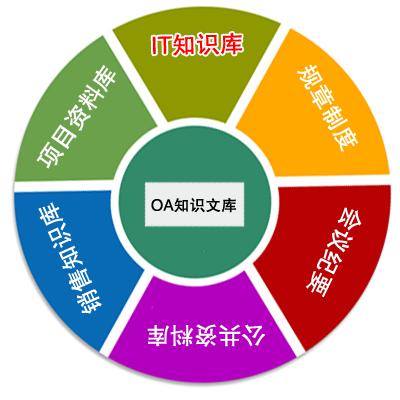Each year the International Semantic Web Conference organizes a set of Semantic Web Challenges to establish competitions that will advance state-of-the-art solutions in some problem domains. The Semantic Answer Type and Relation Prediction Task (SMART) task is one of the ISWC 2021 Semantic Web challenges. This is the second year of the challenge after a successful SMART 2020 at ISWC 2020. This year's version focuses on two sub-tasks that are very important to Knowledge Base Question Answering (KBQA): Answer Type Prediction and Relation Prediction. Question type and answer type prediction can play a key role in knowledge base question answering systems providing insights about the expected answer that are helpful to generate correct queries or rank the answer candidates. More concretely, given a question in natural language, the first task is, to predict the answer type using a target ontology (e.g., DBpedia or Wikidata. Similarly, the second task is to identify relations in the natural language query and link them to the relations in a target ontology. This paper discusses the task descriptions, benchmark datasets, and evaluation metrics. For more information, please visit https://smart-task.github.io/2021/.
翻译:国际语义网络会议每年组织一系列语义网络挑战,以建立竞赛,推进某些问题领域的最先进的解决方案。语义解答类型和关系预测任务(SMART)是ISWC 2021 语义网络挑战之一。这是在ISWC 2020 ISWC SMART 2020 成功通过 SMART 2020 后第二个挑战年。今年的版本侧重于对知识基础问题解答(KBQA):回答类型预测和关系预测(KBQA)非常重要的两个子任务。 问题类型和回答类型预测可以在知识基础问题回答系统中发挥关键作用,提供对预期答案的洞见,有助于产生正确的查询或给答案对象排序。更具体地说,鉴于自然语言的问题,第一个任务是用目标(例如,DBpedia或Wikidata)预测答案类型。同样,第二个任务是确定自然语言查询中的关系,并将它们与目标的语义关系连接在一起。 问题类型和答案类型预测可以在知识基础回答系统中发挥关键作用, 回答系统, 提供对预期答案的答案的洞穴描述, 产生正确的查询或排序。本文讨论了任务描述, http定义/ ambslimbslusbslusbs. addislus.




